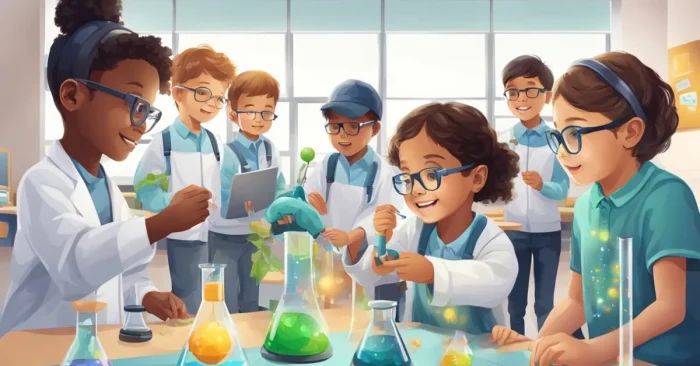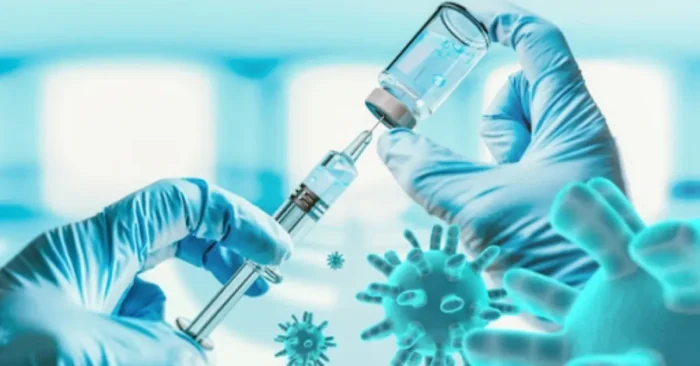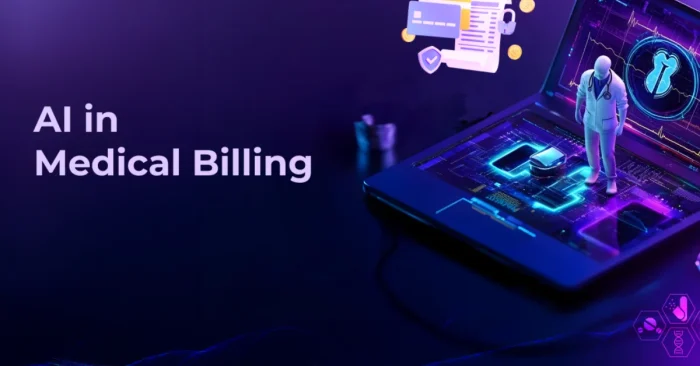Overview
AI tools for science experiments are revolutionizing how students, educators, and researchers conduct and understand scientific processes. These tools use artificial intelligence to simulate experiments, analyze data, and predict outcomes with accuracy. By providing virtual labs, AI allows learners to experiment without costly equipment or safety risks. In research, AI accelerates discovery by automating repetitive tasks like data collection and pattern recognition. Students benefit from interactive and engaging experiment simulations, while teachers use AI insights to improve instruction. Overall, AI in science experiments bridges theory with practice, making scientific exploration more efficient, safe, and accessible worldwide.
1. AI in Virtual Science Labs
AI-powered virtual labs let students perform experiments online, offering realistic simulations without needing physical materials or lab access.
2. AI for Data Collection and Analysis
AI tools automatically collect, organize, and analyze experimental data, reducing errors and speeding up the process of drawing conclusions.
3. AI in Hypothesis Testing
AI systems can test multiple hypotheses quickly by simulating various conditions, helping students and researchers validate theories faster.
4. AI-Powered Experiment Simulations
AI creates interactive simulations of physics, chemistry, and biology experiments, making complex concepts easier to visualize and understand.
5. AI in Predictive Modeling
AI predicts experimental outcomes by analyzing prior data and trends, allowing scientists to plan and refine experiments effectively.
6. AI for Error Detection
AI detects inconsistencies or mistakes in experiment design or results, ensuring more accurate and reliable scientific findings.
7. AI in Real-Time Feedback
Students receive instant feedback during virtual experiments, helping them understand errors and correct their approach immediately.
8. AI for Collaborative Science Projects
AI platforms connect students and researchers globally, enabling collaborative experiments, data sharing, and joint problem-solving in real time.
9. AI in Resource Optimization
AI minimizes the use of costly or hazardous materials by running digital experiments, saving resources while maintaining quality learning experiences.
10. AI for Advanced Research Experiments
Researchers use AI to handle complex tasks like molecular simulations or genetic analysis, accelerating scientific discoveries in multiple fields.
(FAQs)
Q1: Can AI replace physical science labs?
No, AI complements labs by offering safe, cost-effective simulations, but hands-on lab experience remains essential for deeper learning.
Q2: Are AI science experiment tools safe for beginners?
Yes, they are designed to be user-friendly and safe, making them ideal for students and early learners.
Q3: Do AI experiment tools support advanced research?
Yes, many AI platforms are used in professional research to analyze complex data and assist in groundbreaking discoveries.
Learn More About AI Course https://buhave.com/courses/learn/ai/






